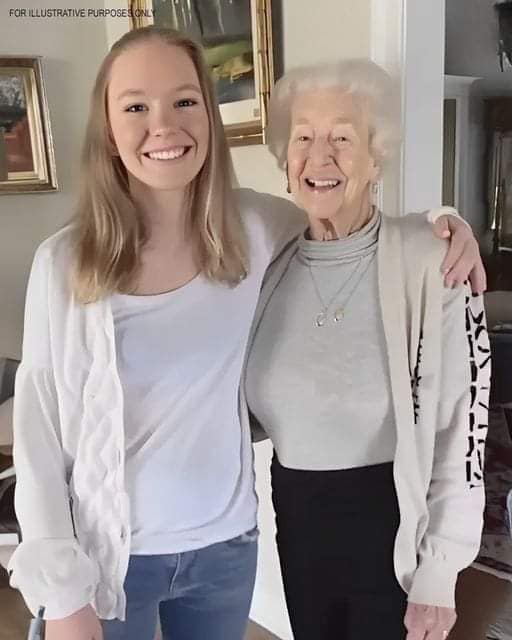My grandma played them all like a chess grandmaster. She was seriously loaded, and every relative in our family had their eyes on her fortune, especially my uncle and aunt.
They practically told her they were waiting for her house.
“Take a seat,” the lawyer said with a grin. I had a feeling something was up, and then he said to me, “For you, your grandma left something different.
Everyone else, open your envelopes!” the lawyer announced. You should’ve seen my uncle’s face when he opened his box.
Inside his box was a single hearing aid, along with a note from my grandmother that read: “I may have been old, but I wasn’t deaf. I heard every word.”
My uncle’s jaw dropped, and the room went silent. All those years, he and a few others assumed Grandma couldn’t hear their whispers about her money,
their not-so-subtle comments about what they’d do with her house, and even their complaints when they thought she wasn’t listening. But she was. Every single time.
Then the lawyer looked over at me. “Your grandmother left you the deed to her house and a letter explaining why.” My hands shook as I opened it. In her elegant handwriting, she wrote: “You never saw me as a burden or a bank account. You treated me with love and respect, and for that, I leave you the place we shared so many memories. May it always feel like home.”
I’ll never forget the look on my uncle’s face—shock, embarrassment, and probably a bit of guilt too. Grandma had seen through all the scheming and selfishness and made sure her inheritance went where it truly belonged: to the ones who loved her for who she was, not for what she had
It was a powerful reminder that family isn’t about what you can get, but about the love and respect you show to each other while you’re still here. And Grandma, even in her final act, made sure we learned that lesson.
